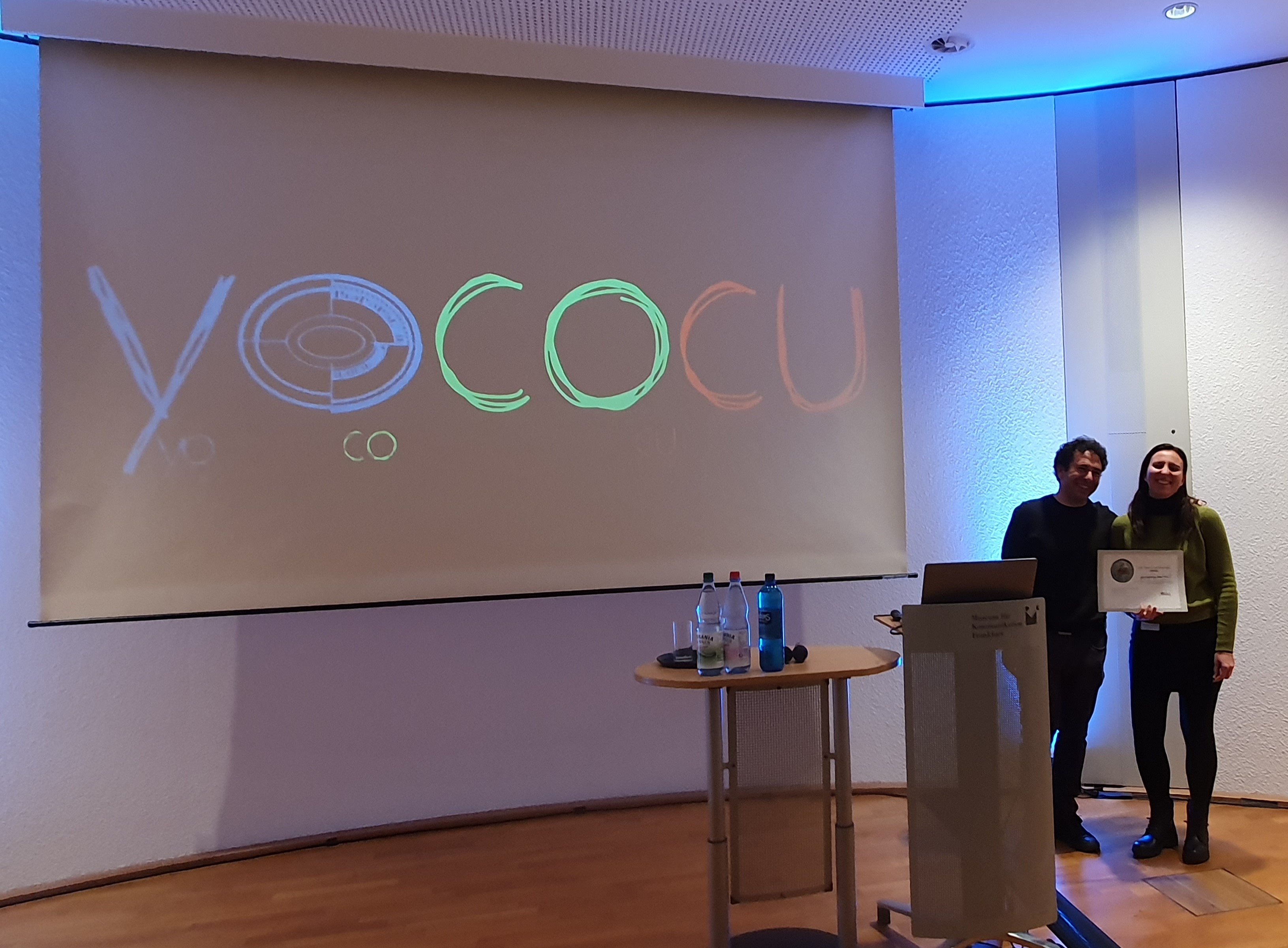Best Video Contribution Award at YOCOCU2022 Christmas Edition Conference

Research fellow at the ISAC Rome unit, Alessandra Mascitelli, was awarded for the best video contribution at the 8th YOCOCU2022 Christmas Edition Conference, which this year took place from 7 to 10 December at the Frankfurt Telecommunications Museum (https://www.yococu.com/it/yococu-2022-conference/).
Associazione Prof. Frank Silvio Marzano - Per Aspera Ad Astra

The Association Prof. Frank Silvio Marzano - Per Aspera Ad Astra - was founded for the promotion and funding of scientific research in the field of meteorology.
By supporting research, the Association wishes to remember Frank Silvio Marzano, a professor of electrical engineering at La Sapienza University in Rome, a distinguished meteorologist and brilliant atmospheric scientist who dedicated his entire life to research in the scientific field as a method of understanding reality, animated by a constant desire for evolution and faith in his own and others' abilities.
